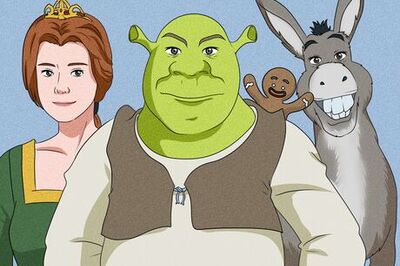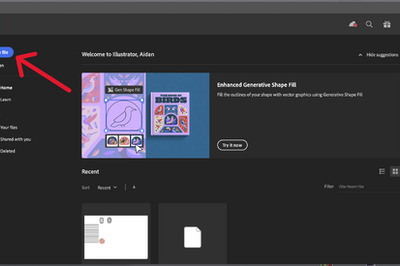
views
Worried about a potential flood of Chinese imports, India has put forward new demands that will likely force a delay in the signing of the world's largest trade pact to 2020, according to a draft statement by Southeast Asian leaders.
The 16-nation Regional Comprehensive Economic Partnership (RCEP) spans from India to New Zealand and includes 30 percent of global GDP and half of the world's people.
Objections by India have dampened hopes of finalising the pact at this weekend's Association of Southeast Asian Nations (ASEAN) summit in Bangkok, where members of the 10-nation bloc have been joined by the premiers of India and China.
"Most market access negotiations have been completed and the few outstanding bilateral issues will be resolved by Feb 2020," said a draft agreement obtained by AFP.
Negotiations have sputtered for several years, but the statement said the text of all 20 chapters was now complete "pending the resolution of one" member, believed to be India. But it said all members were "committed to sign the RCEP" next year in Vietnam, which will take over the ASEAN chair.
The Indian government is worried its small businesses will be hard hit by any flood of cheap Chinese goods. Prime Minister Narendra Modi repeated his country's concerns during talks with ASEAN leaders on Sunday.
Modi said India's unresolved issues include "meaningful market access for all parties", according to a diplomat who attended the meeting, speaking to AFP on condition of anonymity.
Many domestic stakeholders such as India Inc, farmer groups, civil society organisations and Opposition parties have opposed the deal over fears that China would dump cheaper goods in India using the RCEP as a major tool.
Indian negotiators are trying to include adequate protection against cheap Chinese imports in order to make the deal more acceptable to the Indian industry and agriculture.
If India joins RCEP, the country will have to take on commitments for tariff elimination for about 90 per cent of items from the Asean, Japan and South Korea, and over 74 per cent from China, Australia and New Zealand.
Prime Minister Modi did not even mention the RCEP deal in opening remarks at a meeting and instead spoke only of reviewing the existing trade agreement between ASEAN and India.
Nor did Modi mention the trade bloc, whose 16 countries would account for a third of global gross domestic product and nearly half the world's population, in Twitter posts after meeting Thai and Indonesian leaders.
An Indian foreign ministry official later told a media briefing "Let's take all the RCEP questions tomorrow." A person with knowledge of New Delhi's negotiations said new demands were made last week "which are difficult to meet."
Beijing sees RCEP as a central pillar of its trade strategy for its Asian neighbourhood, and it is backed by the leaders of ASEAN and who represent a 650 million-strong market. Concluding the deal has been made more pressing by the brutal tit-for-tat trade war with the US, which has chipped back at growth in China, the world's second-largest economy.
With inputs from Reuters and AFP




















Comments
0 comment